
Golden House of Fab sits on the throne as an epitome in the fashion world a place where style meets craftsmanship enriching dreams of brides and advancing to be every true Fashion enthusiast lovely destination. Specializing in bridal wear, ready to wear( both African and western style),bridesmaids dresses and custom...
view all

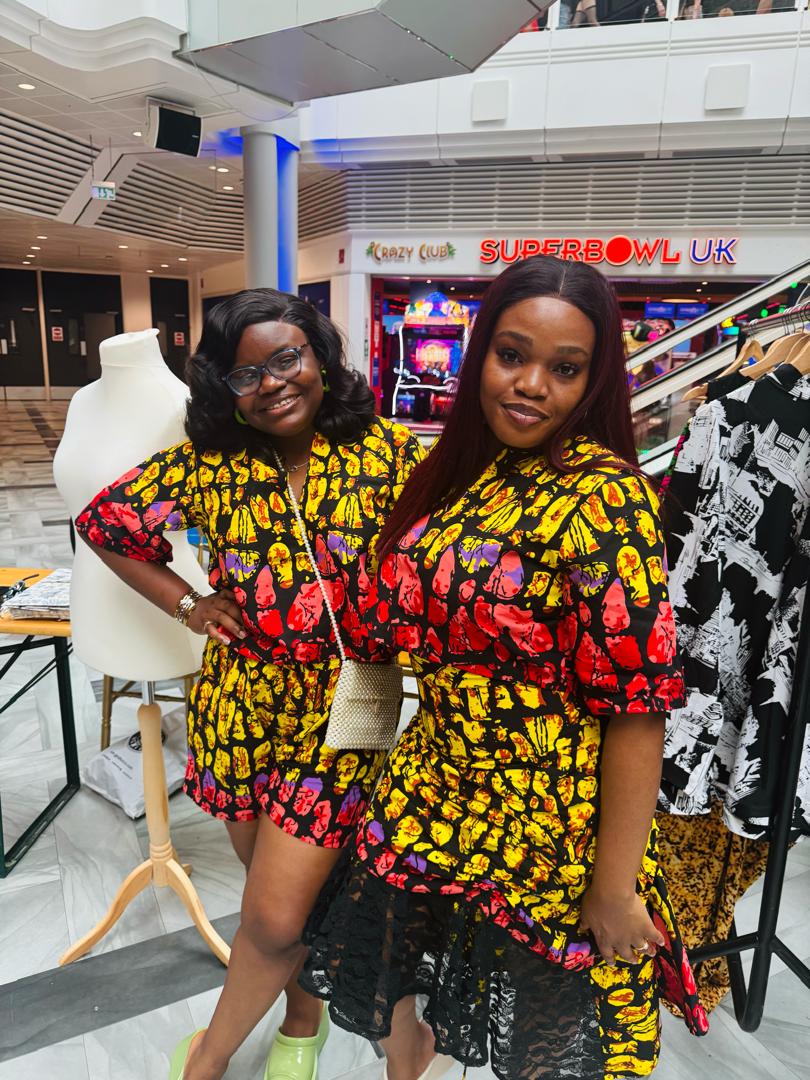
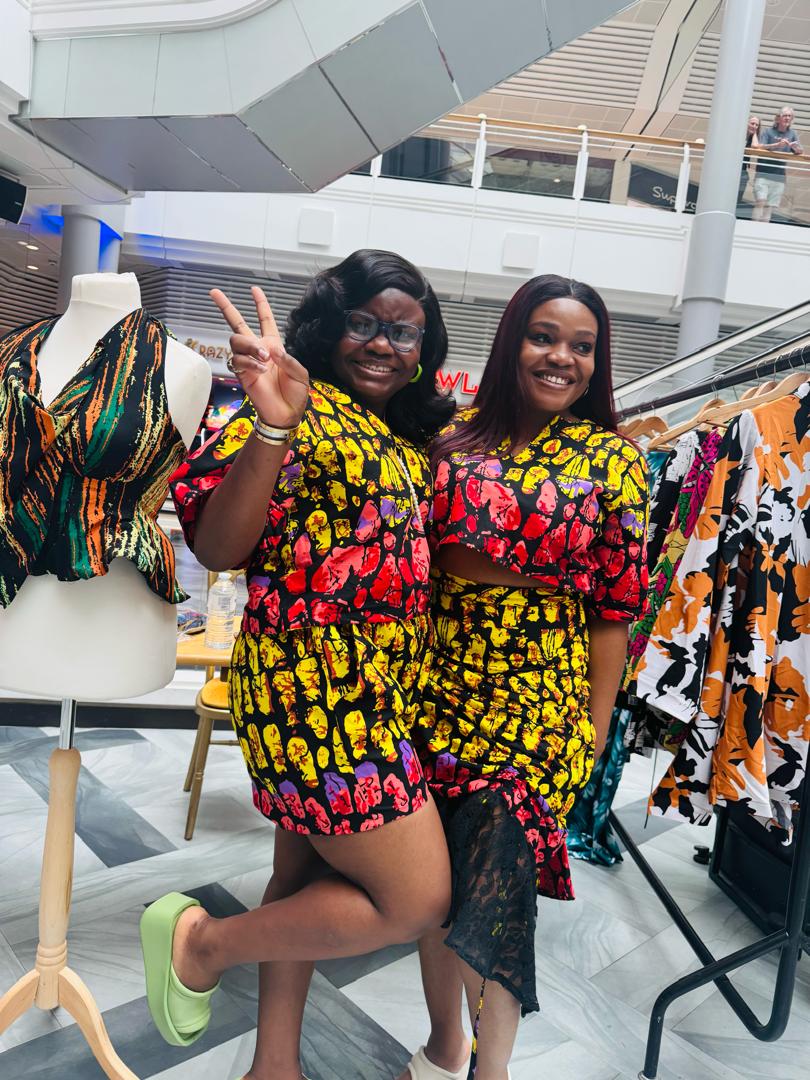
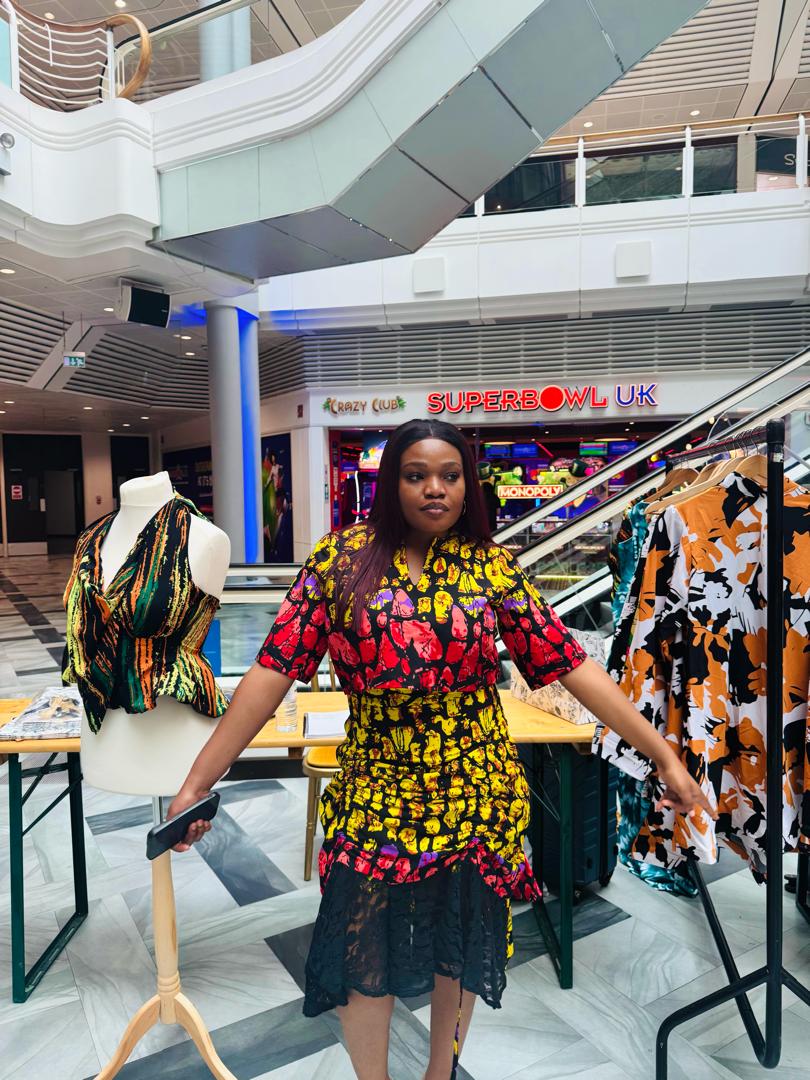
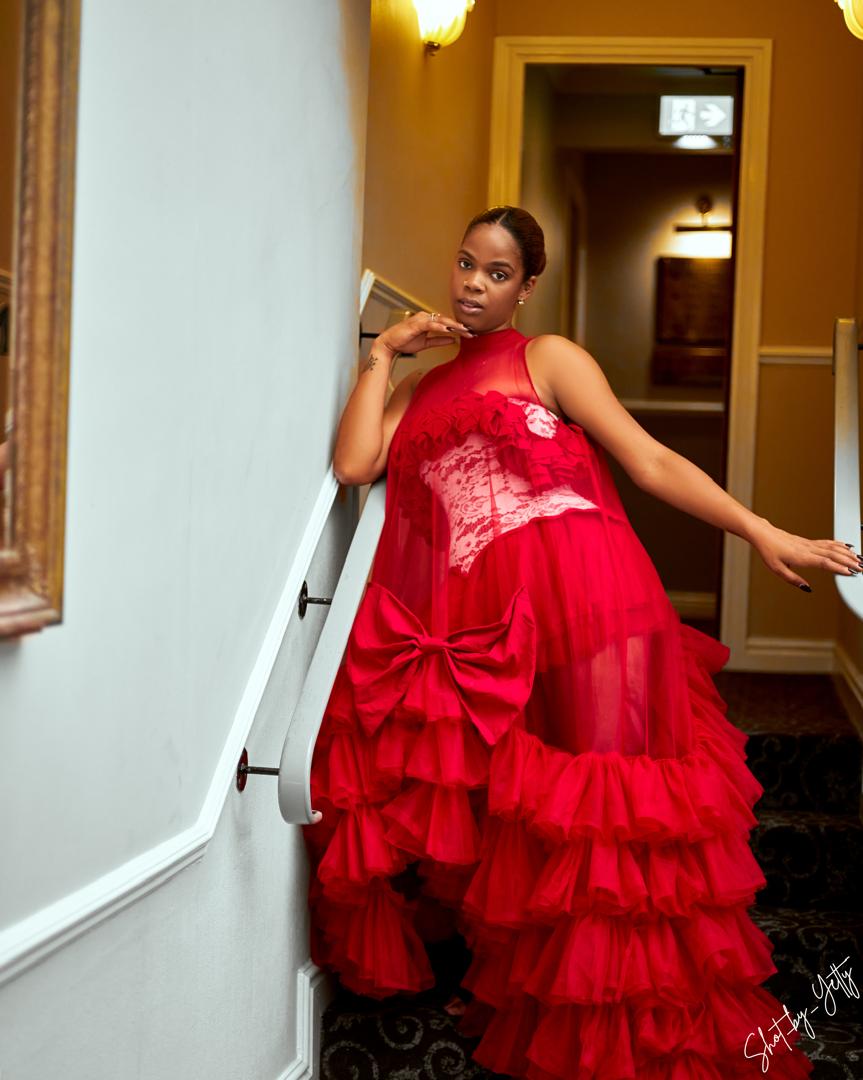


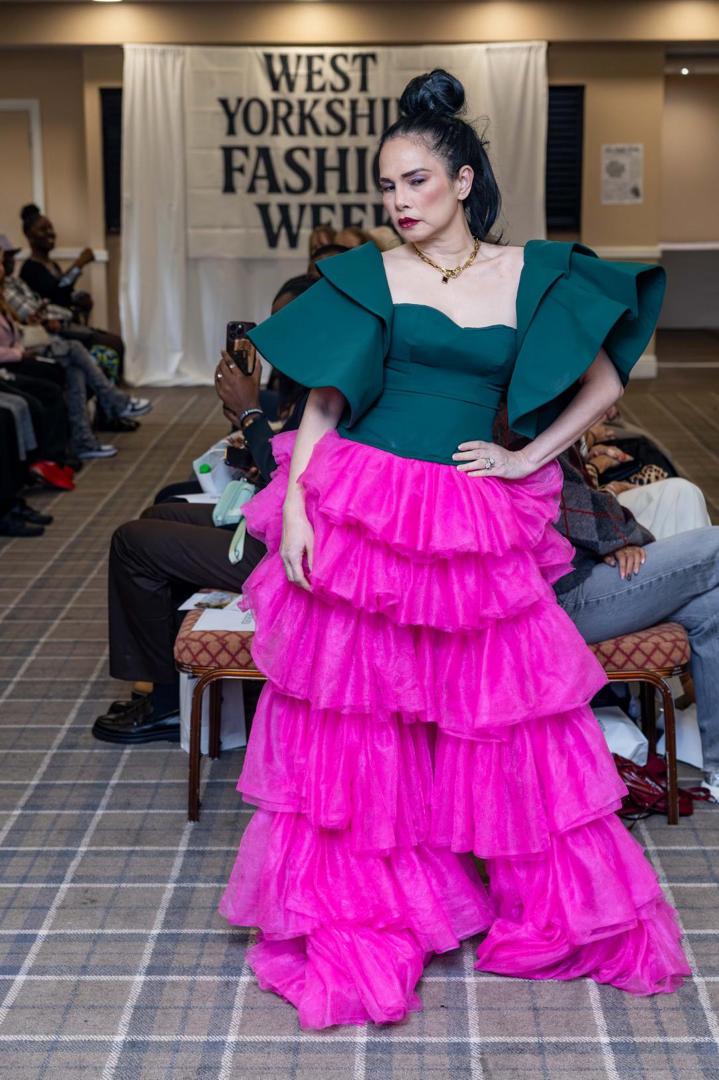
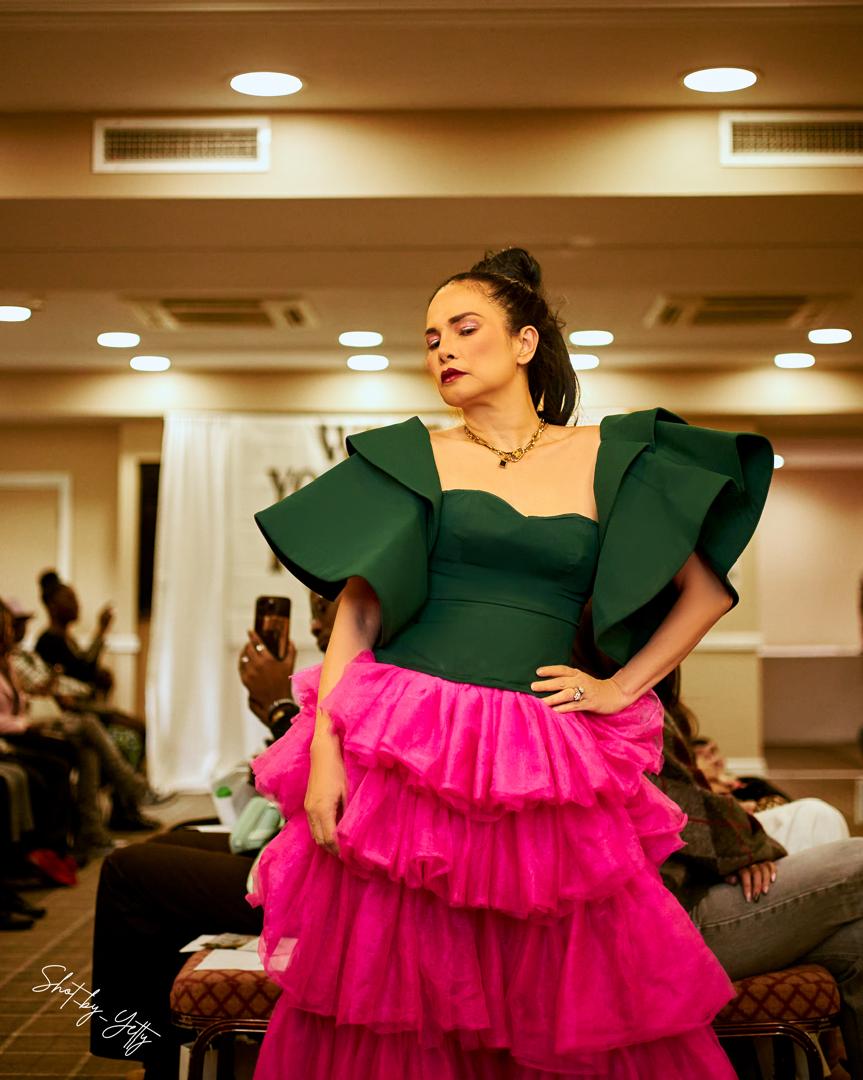
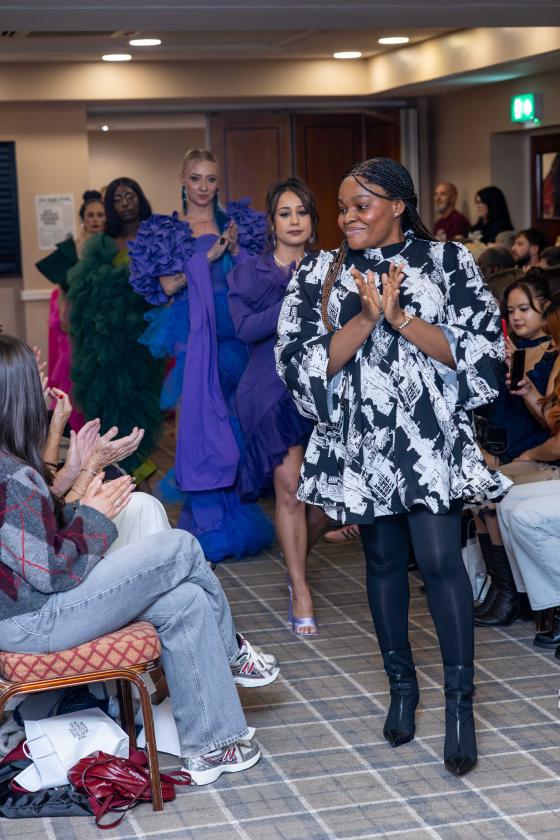
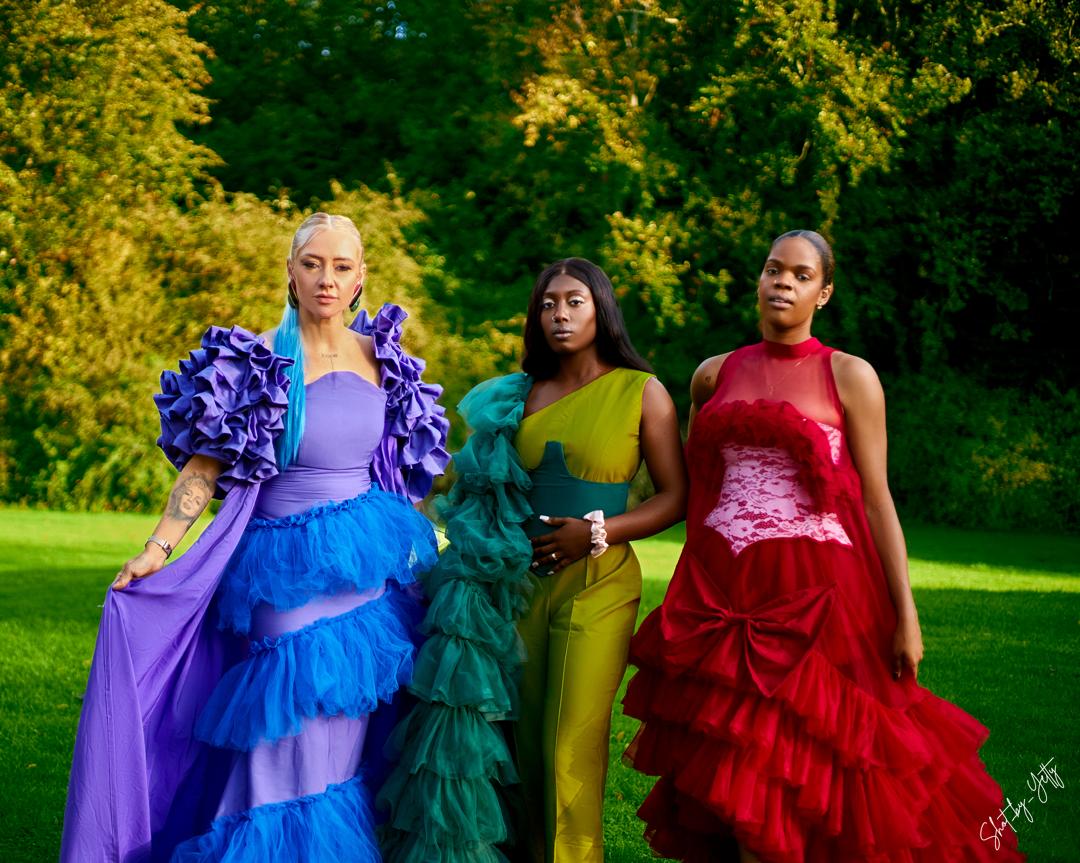
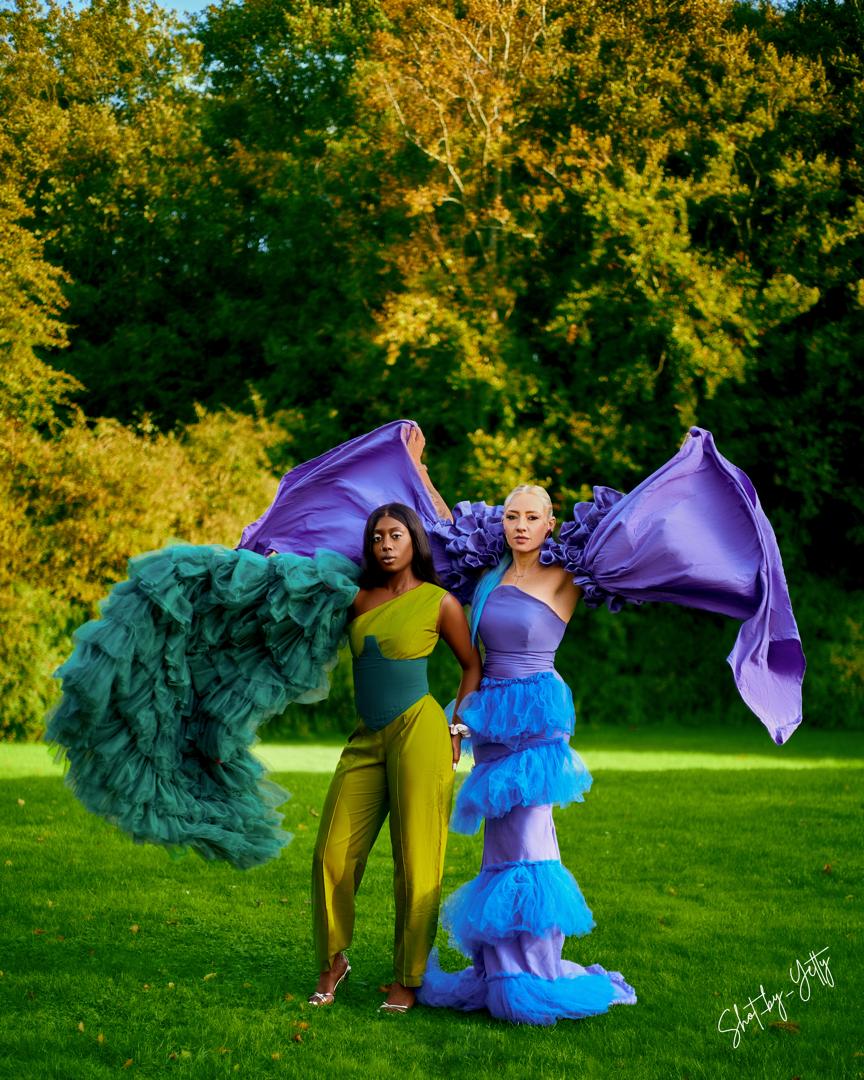
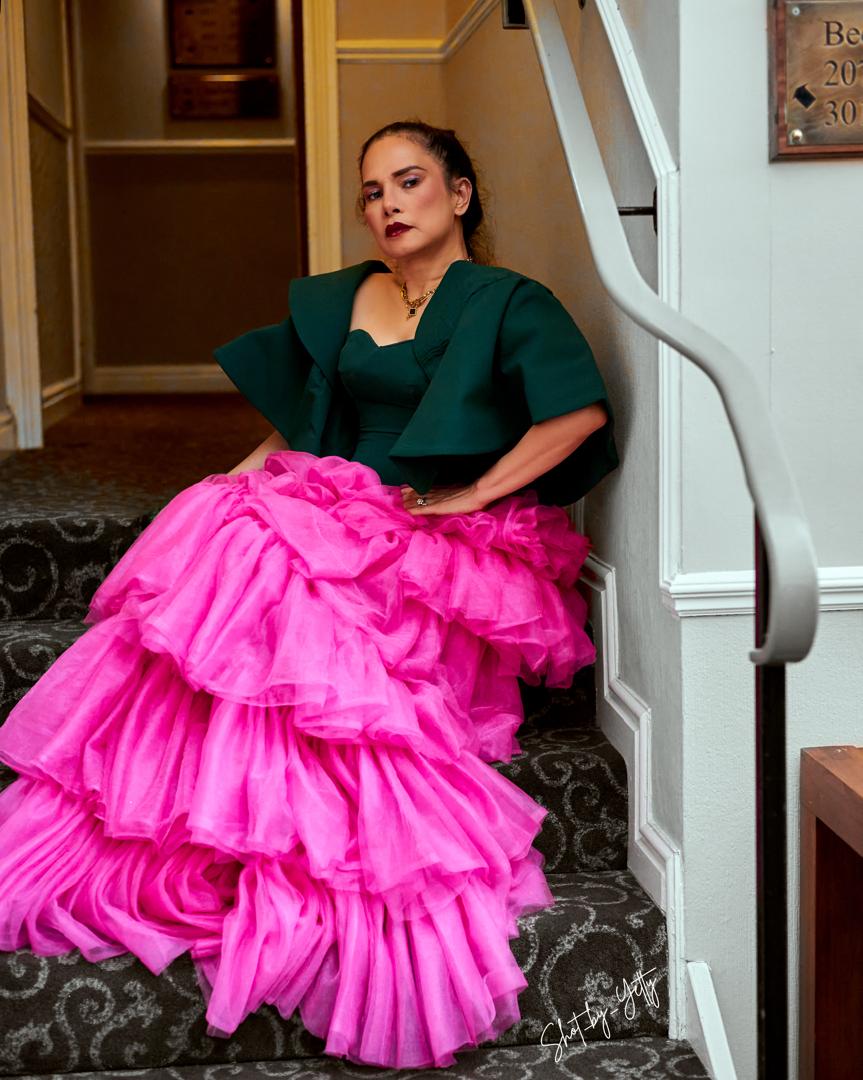
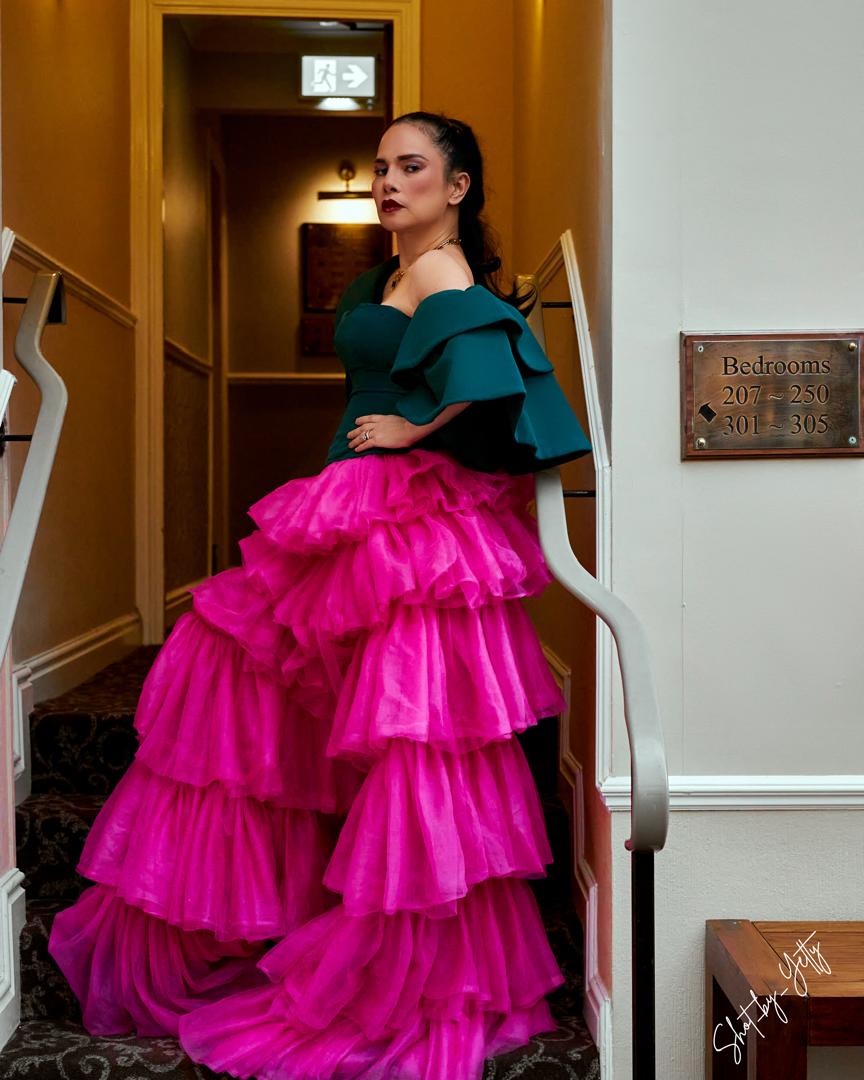





For me, the place surpassed my expectations the minute I stepped through the door. The way I was treated like a queen right from the beginning till the end. The precision in their design work was great to see, and it left me more confident than ever before while walking out. Highly recommend!

I can't help but say great things about Golden-House-Of-Fab. Their work quality is right up there. Every single piece I have ever bought has been a masterpiece, and the customer service is top notch. Sure to come again.

If anyone were looking for luxury and style, then look nowhere else but Golden-House-Of-Fab. The team here knows just how to make one feel special, and their unique designs always make a statement. I have received so many compliments on my outfits!

Golden-House-Of-Fab is always my to-go when it comes to anything fabulous. The craftsmanship has always been there, and the designs are very trending and timeless. The staff is really helpful; they actually help you find what you need.
Summer in the UK can be a tricky season to dress for. With unpredictable weather that might swing...
Read MoreIntroductionIn recent years, the fashion industry has witnessed a significant shift towards...
Read MoreReady-to-wear (RTW) clothing, often referred to as “off-the-rack,” has become the norm for most...
Read More